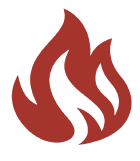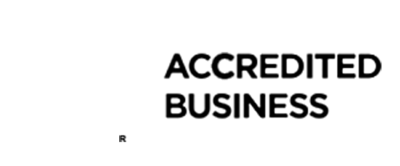“Understanding Renters Insurance and Smoke Damage”
Renters insurance is a safety net that not only cushions you against theft and natural disasters but also lesser-known hazards like smoke damage. This type of insurance typically includes personal property coverage, liability coverage, and additional living expenses. However, when it comes to specifics like smoke damage, many renters need to be made aware of their coverage scope and limitations.
What is Renters Insurance?
Renters insurance, frequently required by landlords, safeguards tenants’ belongings, such as furniture, electronics, and apparel, from potential losses. Additionally, it offers liability coverage in case someone sustains an injury within the rented premises, shielding renters from potential legal expenses. Moreover, in the unfortunate event that the rental unit becomes uninhabitable due to covered perils, renters insurance can help cover the costs of temporary living arrangements elsewhere.
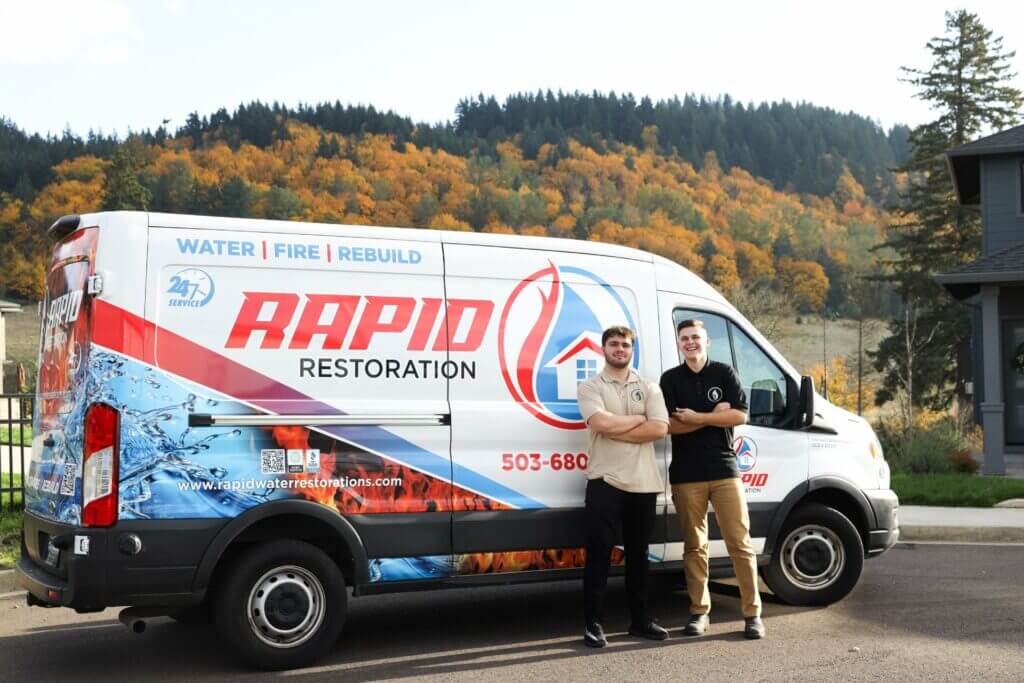

Key Coverage Components of Renters Insurance
This insurance encompasses several key components:
- Personal Property Coverage: Compensates for the loss of personal belongings.
- Liability Protection: This covers legal costs if you’re sued for an accident that occurs in your rented space.
- Loss of Use: Pays for temporary living expenses if your rental is damaged and needs repairs.
Exclusions and Limitations in Renters Insurance
Understanding what needs to be what’s covered is as crucial as knowing what is. Most policies exclude natural disasters such as floods and earthquakes unless specifically added. For smoke damage, coverage often hinges on the source of the smoke. For instance, smoke from a neighbor’s fire might be covered, while that from a nearby wildfire might not be without specific additions.
Does Renters Insurance Cover Smoke Damage?
Smoke damage is typically covered under renters insurance if it results from a sudden and accidental event within the premises. Here’s how coverage can vary based on the incident:
Scenarios Where Smoke Damage is Covered
- Accidental Fires: Smoke from cooking fires or malfunctioning appliances.
- Neighbor-related Incidents: Smoke that enters your unit from a neighboring apartment on fire.
Standard Exclusions in Coverage for Smoke Damage
Coverage does not extend to:
- Intentional Acts: Damage from fires set by the renter.
- Poor Maintenance: Smoke accumulation is due to a lack of cleaning chimneys or vents.
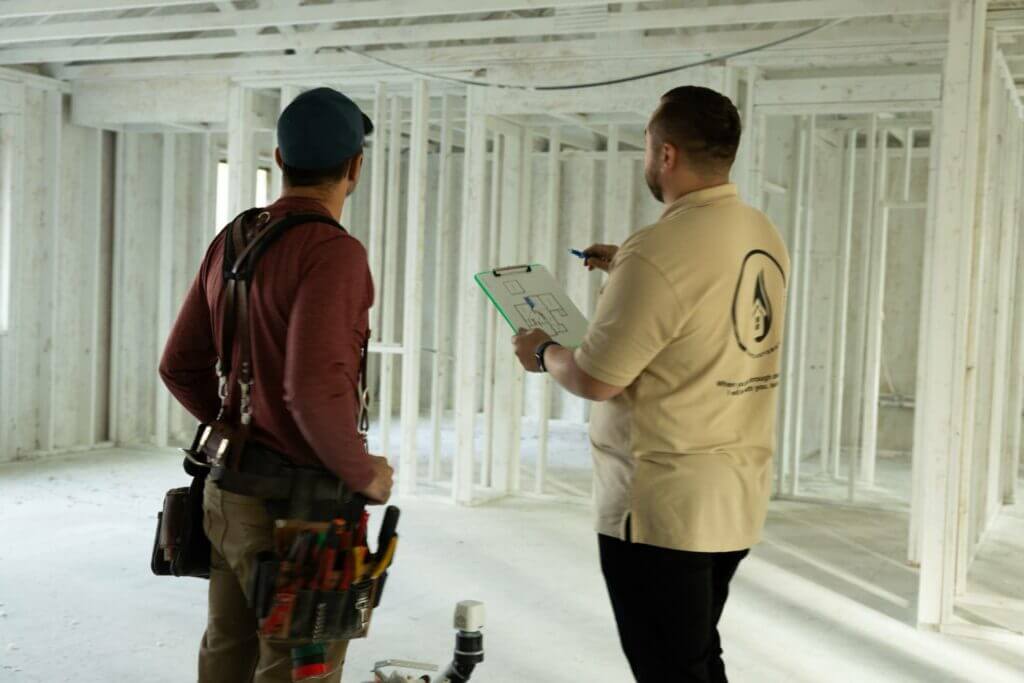

What Renters Insurance Typically Covers
Property Damage Coverage
This coverage typically includes damage to the physical structure of the rented property, provided the renter is held liable for the damage. Renters need to know that this does not replace the landlord’s insurance, which covers the actual building.
Personal Property Coverage
Personal property coverage protects the renter’s belongings against loss due to theft, fire, and other perils outlined in the policy. Everyday covered items include furniture, clothes, electronics, and other personal possessions.
Liability Coverage
Renter’s insurance generally encompasses reimbursement for damage inflicted upon the rented property’s physical structure under the condition that the renter is deemed responsible for the harm incurred. Tenants must understand that their insurance doesn’t substitute for the landlord’s coverage, which primarily safeguards the structural integrity of the building itself. Essentially, while renter’s insurance offers protection for personal belongings and potential liabilities within the rental unit, the landlord’s insurance explicitly addresses damages to the building’s structure.
Assessing the Extent of Smoke Damage
Once smoke damage occurs, assessing the extent quickly and accurately ensures a stronger claim.
Professional Assessment of Smoke Impact
Hiring professionals to assess and document the damage ensures a comprehensive and detailed record, bolstering the credibility of your insurance claim. Their expertise allows for a thorough examination, capturing both visible and hidden damages that might otherwise be overlooked. Ultimately, this meticulous documentation significantly strengthens your case, increasing the likelihood of a successful insurance settlement.
DIY Methods for Identifying Smoke Damage
Regularly inspecting air vents with a flashlight can reveal signs of soot accumulation, indicating potential damage. Early detection allows for timely intervention, preventing further deterioration and potential hazards. Implementing such simple techniques as part of routine maintenance can significantly extend the lifespan of ventilation systems and ensure optimal performance.
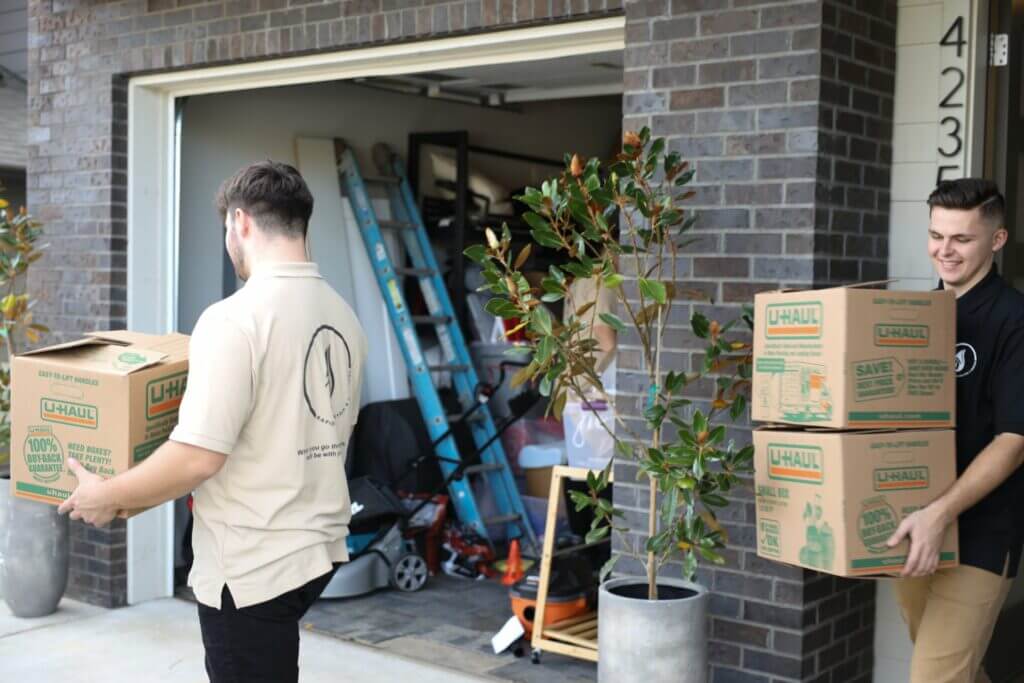

Steps to Claiming Smoke Damage Under Renters Insurance
Navigating insurance claims can be daunting. Here’s a structured approach to streamline the process:
Documentation and Immediate Actions
When documenting damages, ensure that photographs of each affected area are captured from multiple angles, providing a comprehensive visual record. Additionally, meticulously list all damaged items, specifying their condition prior to the incident, to strengthen your claim’s validity. This detailed inventory will serve as crucial evidence, facilitating a smoother and more efficient claims process.
Navigating the Claims Process
To kickstart the claims process, reach out to your insurance provider without delay. Furnishing thorough documentation and following their instructions precisely will help streamline the claim procedure efficiently. Prompt action and compliance with their guidelines will ensure a smoother experience and quicker resolution for your claim.
Preventative Measures and Risk Reduction
Taking proactive steps can significantly mitigate the risk of smoke damage in rental properties.
Preventing Smoke Damage in Rental Properties
Regular maintenance of smoke detectors ensures they remain functional, promptly alerting occupants to potential fire hazards. Proper storage of flammable materials minimizes the risk of accidental ignition, reducing the likelihood of fires spreading. Careful monitoring of indoor appliances, such as stoves and heaters, helps prevent malfunctions that could lead to fires or smoke damage, ensuring a safer environment for occupants.
Technologies and Tools to Mitigate Smoke Risks
Installing smart smoke detectors equipped with remote monitoring capabilities ensures you receive immediate alerts about smoke, enhancing your ability to respond swiftly to potential threats, even when you’re not at home. These advanced devices offer peace of mind by providing real-time notifications to your smartphone or other connected devices, allowing you to take necessary actions promptly to mitigate any risks of fire damage or harm. By integrating intelligent smoke detectors into your home security system, you empower yourself with proactive measures to safeguard your property and loved ones against fire emergencies.
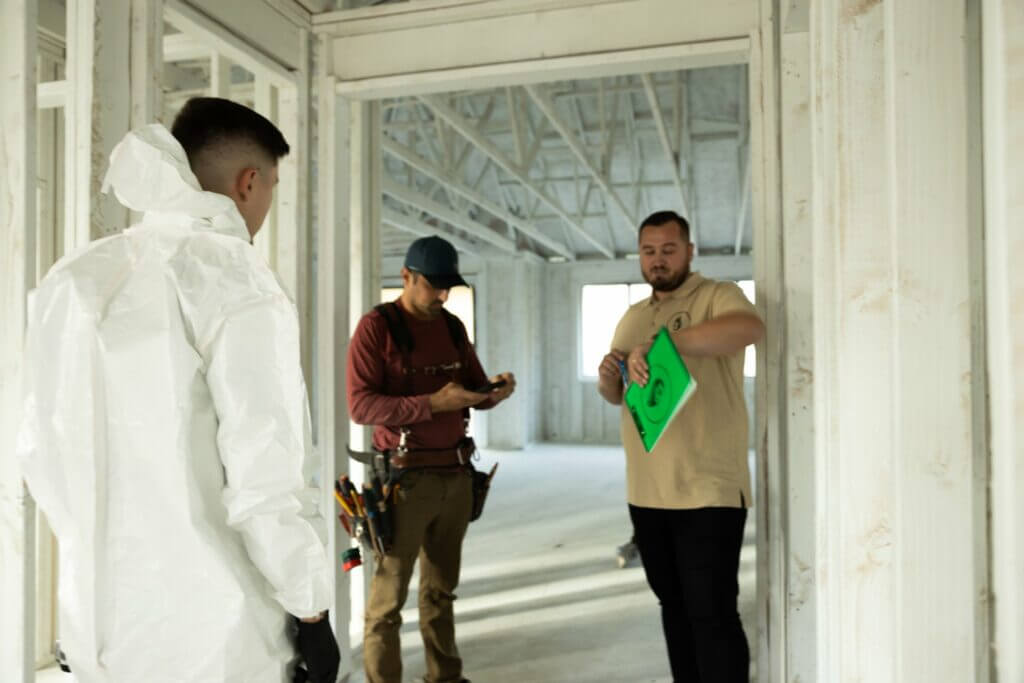

Legal Aspects and Tenant Rights
Understanding your legal rights can empower you to manage better situations where smoke damage occurs.
Understanding Your Rights as a Tenant
As a tenant, you are entitled to reside in a space that is safe and habitable, ensuring your well-being and comfort. If your landlord neglects to address smoke damage within your living environment adequately, it could jeopardize your safety and health, prompting legal action to enforce your rights and ensure proper remediation. By seeking legal recourse, you can hold your landlord accountable and safeguard your right to a suitable place to live.
Legal Recourse for Unaddressed Damage
If you’ve experienced smoke damage and your landlord hasn’t taken action, consulting a legal expert can provide insights into your rights and potential recourse. Taking legal advice can help determine whether your landlord is responsible for the damages and whether you’re entitled to compensation or other forms of resolution. By exploring your options with legal guidance, you can ensure that your concerns are addressed and that appropriate steps are taken to hold the landlord accountable.
Does Renters Insurance Cover Smoke Damage?
Direct Smoke Damage to Personal Property
Renters insurance typically provides coverage for direct smoke damage incurred by your possessions. In the unfortunate event of a fire, if smoke directly affects your belongings, the policy would typically cover the expenses for cleaning, repairing, or replacing those items. This coverage ensures that you’re financially protected against the impact of smoke damage on your valuable possessions.
Indirect Smoke Damage to Personal Property
Indirect smoke damage refers to the impact of smoke that infiltrates a property from an external fire source rather than one originating within the property itself. Insurance policies often include coverage for this type of damage, providing financial assistance to clean, repair, or replace belongings affected by such smoke. This coverage ensures that tenants or property owners can address smoke-related damages without the direct cause of a fire on their premises.
Smoke Damage to the Rental Unit
Generally, damage from smoke to a rental property is covered by the landlord’s property insurance. If it is determined that the renter caused the fire, their liability insurance might be used to pay for the repair costs of the damage to the rental unit. Therefore, renters should ensure they have adequate liability coverage to protect themselves financially in such scenarios.
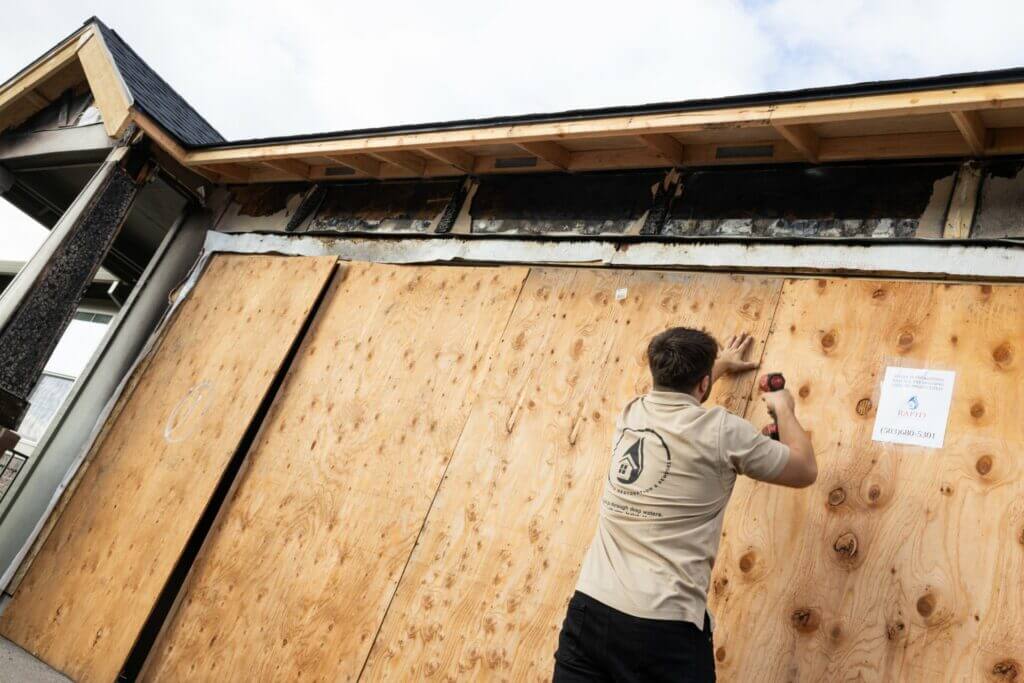

Tips for Purchasing Renters Insurance with Smoke Damage Coverage
Review Policy Options Carefully
To ensure maximum protection, it’s essential to carefully compare various insurance policies to determine the extent of coverage they provide for smoke damage. It’s crucial to select a policy that offers comprehensive coverage for both direct damage caused by smoke and indirect effects such as lingering odors or soot damage. Evaluating the specific terms and conditions can help identify the best policy.
Consider Additional Coverage Options
When assessing your insurance needs, consider adding extra coverage for high-value items to provide adequate protection in case of smoke damage. Increasing the limits on such items can help ensure that you are fully compensated for their actual value if they are affected. This additional coverage can be crucial in preventing significant financial loss from smoke-related incidents.
Understand the Claims Process
Understanding your insurance provider’s claims process is crucial. This knowledge can help you navigate the process more effectively and ensure that your claims are processed efficiently. Being well-informed about the procedure allows for a more seamless experience handling potential future claims.
FAQs on Renters Insurance and Smoke Damage
What types of smoke damage does renters insurance typically cover?
Renters insurance generally covers smoke damage caused by accidental and sudden incidents, such as electrical fires or cooking mishaps within your rented property.
Can I claim smoke damage if the incident originated from another apartment?
Yes, if smoke from a neighbor’s fire damages your belongings, your renter’s insurance policy should cover it under most standard agreements.
How do I prove smoke damage when filing a claim?
Documenting the damage through photographs and maintaining a detailed list of affected items are crucial for substantiating your claim.
Will my premium increase if I claim for smoke damage?
Filing a claim can potentially increase your premiums, depending on the frequency of claims and your insurer’s policy terms.
Are there any specific steps to follow immediately after smoke damage occurs?
Immediately ventilate the area to minimize damage, document all impacts, and contact your insurance provider to start the claims process.
What if my renter’s insurance denies coverage for smoke damage?
If your claim is denied, review the terms of your policy to understand the reasons for the denial and consider speaking with your insurance agent or a legal advisor for further options.
Conclusion
Understanding the ins and outs of renters insurance in relation to smoke damage is crucial for every tenant. Being prepared with the proper knowledge and taking proactive steps can significantly assist in navigating through the unpleasant experience of smoke damage. Remember, the key to adequate coverage lies in knowing what your policy includes and how to manage the claims process effectively. Always stay informed about your rights and responsibilities as a tenant to ensure that you can advocate for yourself effectively if smoke damage occurs. Taking these steps will not only protect your personal belongings but also provide peace of mind in your rented home.
